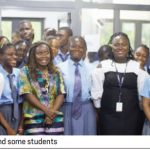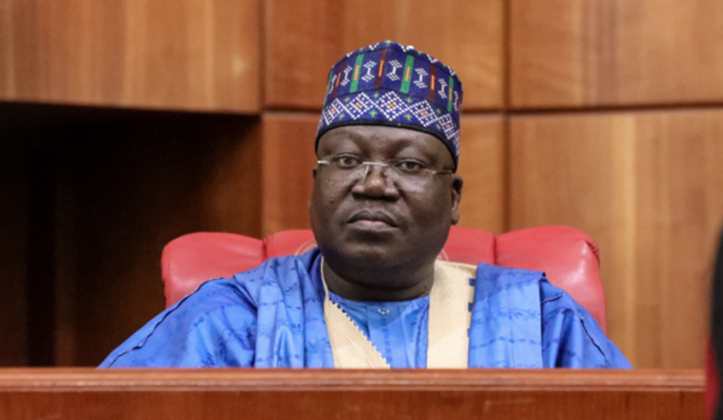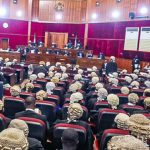The Senate President, Ahmad Lawan, has said the president, Major General Muhammadu Buhari (retd) gave assent to 104 out of the 162 bills passed to him by the 9th Senate.
Lawan and Speaker of the House of Representatives, Femi Gbajabiamila, declared that the 9th National Assembly performed far better than five others before it, since 1999.
The 9th Assembly presiding officers also lamented the misperception and misunderstanding of the 9th National Assembly by some Nigerians who wrongly labelled it as a rubber stamp one.
Speaking separately at the Welcome Dinner organised for senators and members-elect for the 10th National Assembly by management of the National Assembly and National Institute for Democratic and Legislative Studies at the Ladi Kwali Hall of Hotel Continental, Abuj, the duo said the good governance-driven performance of the 9th National Assembly stemmed from a harmonious working relationship with the executive arm of government.
Specifically, the Senate President in his speech said in the area of legislation alone, as of July 2022, a total of 874 bills have been introduced at the stage of the first reading, out of which 162 passed the third reading and 104 concurred to, by the House of Representatives and assented by the President.
He said, “At the onset, the 9th Senate was mindful of the damaging effect of persistent conflict with the Executive and the resultant impact on legislative activities. We were equally aware that a good working relationship is desirable and indeed imperative to achieve effective and efficient service delivery to the people.
“As of July 2022, a total of 874 bills were introduced in the Senate, out of which 162 were passed. Remarkably, 104 Bills of the 9th Senate have been assented to by President Muhammadu Buhari, making this significantly higher than those of previous assemblies, which recorded 31 for the 4th Assembly, 98 for the 5th Assembly, 52 for the 6th Assembly, 60 for the 7th Assembly, and 74 for the 8th Assembly”.
“This approach to engaging with the executive has led to a misperception and misunderstanding, which has led many to tag the 9th National Assembly as a “rubber stamp” Assembly. Yet, our intention in preferring an engagement with the executive based on harmony and collaboration has been to better serve Nigeria by providing a safe atmosphere for national development.
“There is no doubt that this has proven to be beneficial to the people we represent. Compared to previous Assemblies, the achievement of the 9th National Assembly in the area of law-making is attributable to harmonious executive-legislative relations, which, contrary to many expectations, need not be aggressive.”
Lawan added, “In line with our well-articulated Legislative Agenda, the 9th Senate prioritised the return of the Federal Budget to predictable January-December cycle, concerns of security, corruption, youth employment, poverty alleviation, education, health care provision, gender, economic growth and diversification, and oil and gas, among others.”
He stated that they targeted various timely legislative interventions to address the myriad problems confronting Nigeria.
“The 9th National Assembly has broken many ‘jinxes’ and done many ‘firsts’, overcoming traditional obstacles through consensus building and clever political brinksmanship.”
Lawan noted that the 9th Senate had focused its energy working on legislations that have salubrious effects on the lives of Nigerians.
Gbajabiamila, in his own speech, said some Nigerians who labelled the 9th National Assembly as rubber stamp one, got it wrong because the legislature was not set up to confront the executive but complement it for good governance.
“Rubber stamp has become a romantic language in the context of its usage in Nigeria a very wrong description of the relationship between National Assembly and the executive within the last four years, ” he said.
He called on the federal lawmakers-elect for the 10th National Assembly, to consolidate the achievements of the ninth one.
“Too many Nigerians are beginning to wonder if democracy is the right choice of governance and for democracy to meet legitimate expectations of the people, relevant Institutions of government, must be made to function well “, he stressed.
Source: The Punch








